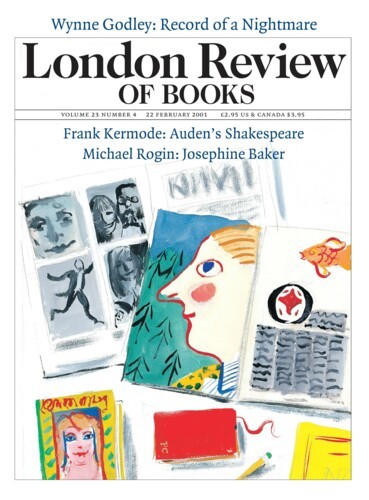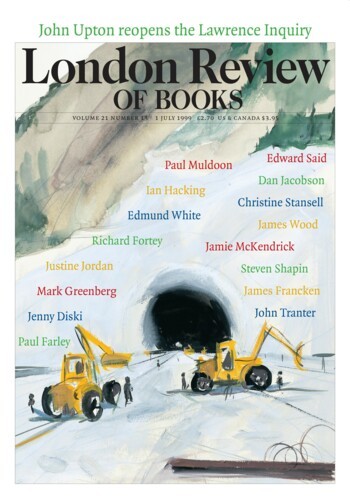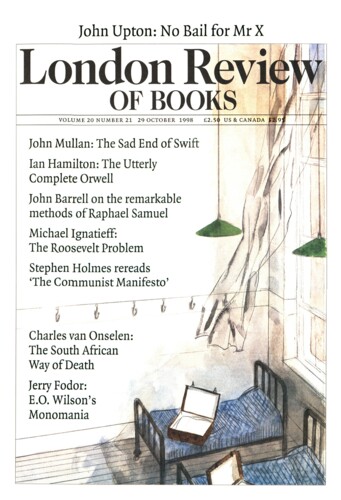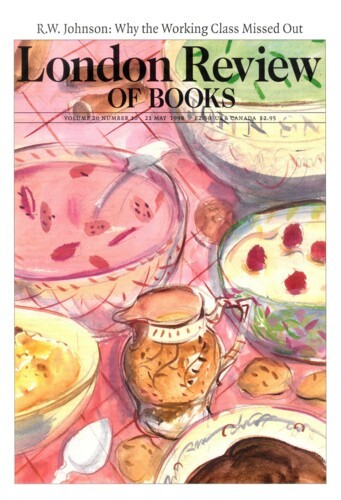‘You,’ the mother of six-year-old Hugh informs him, ‘are the only white child in the whole of West and Central Africa, that I know of.’ The remote outpost of Empire, made up of a few crumbling concrete bungalows perilously perched between crocodile-infested river and ever-encroaching forest, had looked like Eden to the newly wed Arkwrights, fleeing the killing fields of the Great War with the noble colonial ideal of winning over the natives by example rather than terror. But it is no place to bring up an English child, especially one ‘born bush’ and already finding his metaphors in the pidgin English of the servants and his gods in jungle spirits and African fetishes rather than the cricket bats and Bibles of passing missionaries. So Hugh is exiled from his tropical paradise to the care of his aunt and uncle in ‘the land of letters and telegrams’, with only his homemade fetish packet and a sacred mark burned into his neck by the sympathetic houseboy for protection.‘
‘You,’ the mother of six-year-old Hugh informs him, ‘are the only white child in the whole of West and Central Africa, that I know of.’ The remote outpost of Empire, made...




